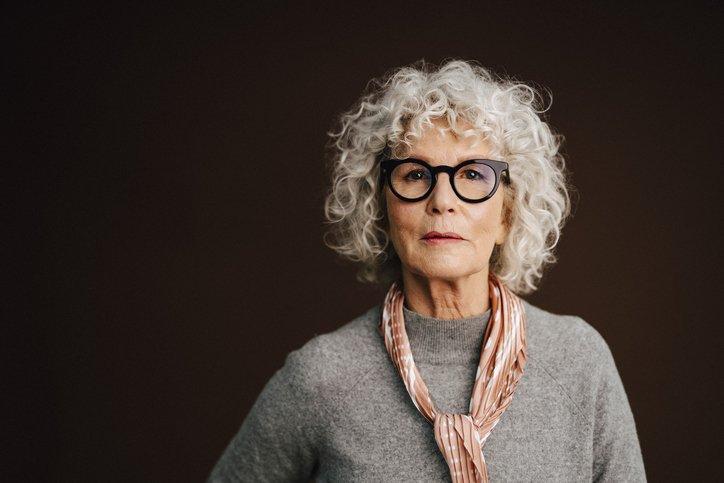
Recently, the University of Florida announced the elimination of its Chief Diversity Officer and the entire office of program and support staff. Much of the criticism by politicians against diversity, equity, inclusion, and justice (DEIJ) work is due to their association with critical race theory (CRT) as postulated by Black scholars such as Kimberlé Crenshaw and Derrick Bell. The intellectual work of antiracism, intersectionality, racial justice, and dismantling white supremacy has been successfully identified, articulated, and theorized primarily by these and other authors of color. However, the responsibility to implement change and challenge racist, exclusionary beliefs and practices rests with white folks who possess, maintain, and benefit from the power structures and institutions which privilege them.
A casual perusal of C-suite executives at any major corporation in the United States will reveal that often, the only two women of color chief officers are the CDO and Chief Human Resources Officer (CHRO), while the rest of the leadership remains predominantly male and white. These statistics have been further clarified by the group Pull Up for Change, which used social media to expose the lack of diversity in executive leadership beyond the glossy public relations campaigns of the cosmetics industry.
Thus, these positions have become tokenistic and easy targets for those enemies of inclusivity and racial equality. If, however, the CDO and CHRO of more organizations were white folks leading the charge, while the rest of the executive team itself were more diverse, the arguments made against them as individuals would be less successful. The targeting of the likes of Dr. Marsha McGriff (former CDO at UF) is enabled by the racist ideology of Florida’s governor, the university president, and their comrades across the country who point to successful and educated Black women in positions of power as having “unfairly benefited” from affirmative action. Such erroneous claims would fall flat in the first instance if white folks took initiative in leading DEIJ change in their organizations.
Research shows that diversity-valuing behavior results in diminished performance ratings for non-white and female leaders. This is not to say that women in general, people of color, and women of color in particular should not be engaged in DEIJ work at the institutional level or as organizational leaders — yet it is imperative that white folks step forward and speak up as allies to take on the role of DEIJ officers in educational institutions and corporate boardrooms to effectively combat the systemic nature of white supremacy. As Nobel Prize-winning author Toni Morrison shared in response to an interview question about how to deal with racism: “White people have a very, very serious problem, and they should start thinking about what they can do about it. Take me out of it.”
White people need to think and act on the problems of racism in the workplace, education, and government without relying on the emotional labor of Black women and people of color (POC). It is precisely that emotional labor that has been shown to cause burnout across the board for POC DEIJ leaders. The acclaimed author and poet Audre Lorde wrote about the abuse of this emotional labor saying, “Black women are expected to use our anger only in the service of other people’s salvation or learning. But that time is over” (1981). White people not only need to solve the problem of racism, as Toni Morrison pointed out, they must take on the emotional labor that is inherent to DEIJ work. Lorde made a similar point in her essay, “I Am Your Sister” when she wrote, “Just as racist stereotypes are the problem of the white people who believe them, so also are the homophobic stereotypes the problem of the heterosexuals who believe them. In other words, those stereotypes are yours to solve, not mine” (1985).
It is past time for white and — as Lorde adds — heterosexual folks to take a leadership role in fighting for DEIJ at their workplaces and in society at large by utilizing their privilege and doing the emotional labor to stand in the gap against the stereotypes and policies that are harming queer people, people of color, and all of us collectively.


















